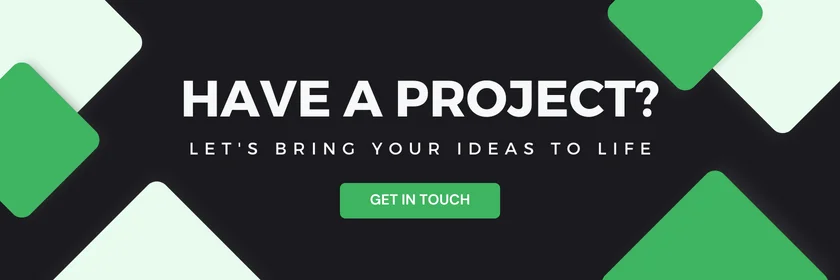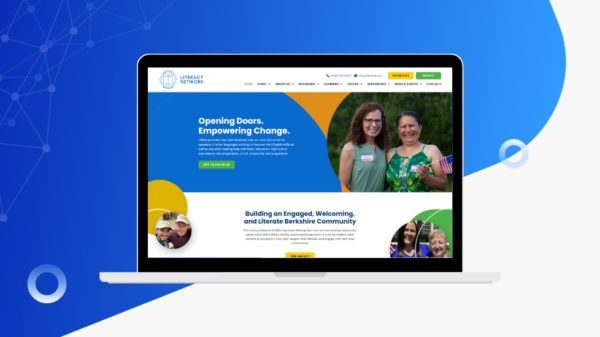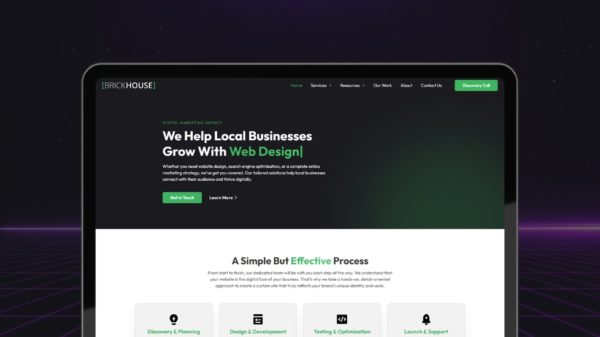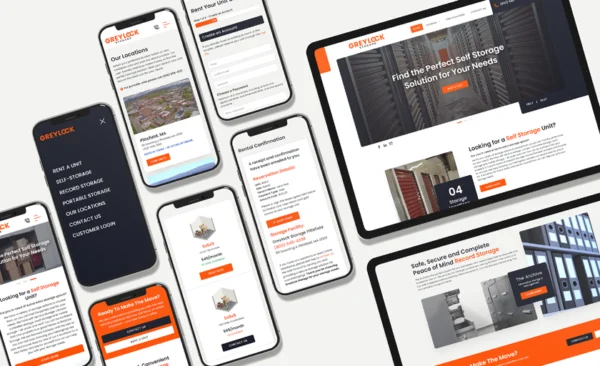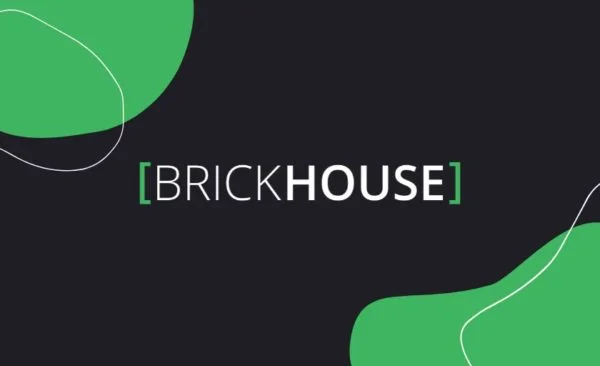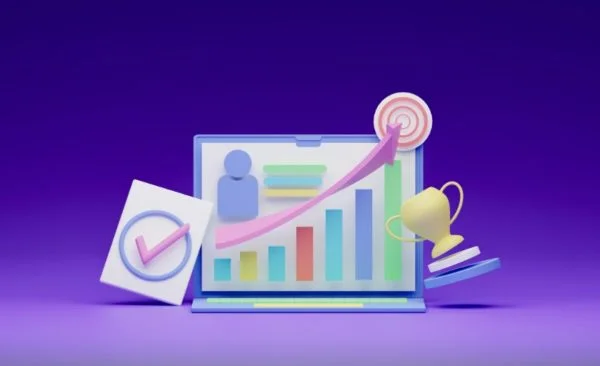One way to improve your search rankings is to optimize your website using SEO. Search engine optimization, also known as SEO, is the process of modifying your content and design so that it matches what people are searching for on Google, Yahoo, and Bing. In this blog post, I will discuss how you can improve your website’s SEO with these 17 tips that anyone can use!
Table of Contents
Create Valuable High Quality Content
Content is king. You can’t succeed at SEO without first having quality content to back you up – people are more likely to visit your page if it’s something they’re interested in or searching for. So, what should you write about?
Creating potentially lucrative content means that the topic needs to be something most people will want to read or learn from- this could include things like lifestyle blogs (e.g., “what I ate today”), how-to posts (e.g., how to create a budget), reviews of products and services, discussions on current events, etc. This doesn’t mean you need formal training but just make sure your post has valuable and engaging information.
Improve your page loading speed
Google’s algorithm takes the load time of a page into account when determining rankings. This means that if your website is loading slowly, you’re not going to rank as highly as other sites that have fast-loading pages. Not only does this mean more visitors will be driven away from your site but it’s also frustrating for those reading it since they’ll experience slow speeds.
According to a study completed by Website Builder Experts, one in four visitors will abandon a website that takes more than 4 seconds to load. This means that initial load time is absolutely crucial if you would like to retain potential visitors. You can use tools like GTmetrix to analyze the current load times.
10 ways to improve your website speed are as follows:
- Improve Server Response Time
- Optimize Images
- Enable Browser Caching
- Minimize HTTP requests
- Minify and combine files
- Minimize time to first byte
- Choose the right hosting option for your needs
- Enable compression of files
- Optimize CSS delivery
- Prioritize above-the-fold content (lazy loading)
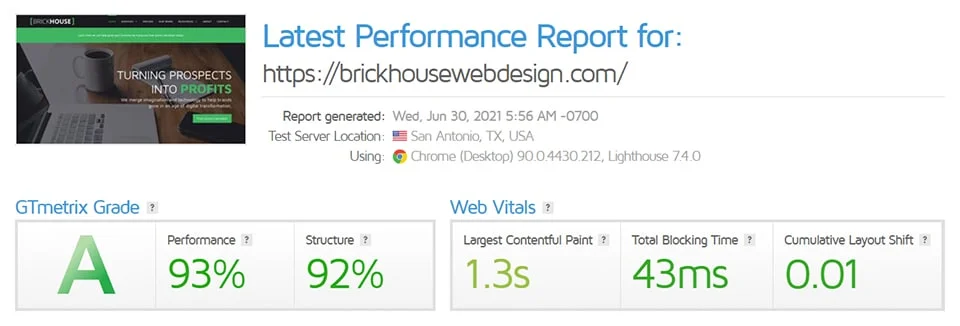

Optimize your images
Images take up a lot of web real estate, so it’s important to make sure that they’re optimized for search engines. You should have an overall limit on the file size and dimensions set in your CMS (content management system) or uploader.
Your images should also be named appropriately when you upload them – adding keywords will help with image SEO: “bicycle-shop-pittsfield-ma” instead of “bike”.
Lastly, don’t forget about alt tags! They’re important when it comes to optimizing your SEO: add keywords where appropriate but don’t spam them because you can get penalized for that.
Install Google Analytics on Your Site
Having an analytics tool on your website can help you with your SEO. You can use the tool to see how people are interacting with your content so you can spot any trends or patterns which would affect SEO ranking such as what articles are most popular with readers, where traffic sources are coming from (social media vs Google Search), etc.
4 Valuable Ways to Leverage Your Analytics:
- Locate top performing pages by conversions and analyze what makes people convert at a higher rate on those pages
- Locate underperforming pages by conversion and come up with how you can boost conversions on those pages
- Analyze bounce rates by pages. Find where people are leaving the site and come up with a strategy to get them to stay.
- Monitor sitewide mobile traffic, adapt the website to fit the trend of devices.
Use keywords but don’t over-utilize or spam them
In an effort to write content that is both interesting and relevant, many people find themselves using too many keywords in their articles. While it’s tempting to pepper your work with words like “seo”, “rankings” and “google,” doing so will only hurt you more than help if you’re not careful.
Search engines penalize websites for keyword stuffing because they know how easy it is for a website owner or writer to abuse this technique. If there are no other substantive pieces of information on the page besides these filler terms, then your optimization efforts may actually be sabotaging rather than promoting the ranking of your site within search results pages.


Use Header Tags to Break Up Content
Header tags are great for breaking up content so it is easier to read. They also allow you to insert images in between text sections without losing any of the formatting on either side. This may not seem like a big deal, but there’s nothing worse than reading through long-form content and suddenly having an image pop into your face that disrupts the flow of what you’re trying to read!
Header tags are one of the best ways to make your content more scannable, and they also give search engines a better idea of what type of information is contained on that page. They allow you to create different headers for blog posts, product pages, specific types of products (for example: clothing), etc. This makes it easy for people browsing online to find exactly what they’re looking for because they can easily skim through headlines and then look at individual articles if they want more detail.
Utilize Blogging and Content Marketing Strategies
Blog posts should be regularly updated to maintain a competitive edge in search engine rankings. Blogs are not just for news anymore; they’re also used as an online marketing strategy because of how many people read them and the amount of traffic that blogs attract.
Make sure your site is readable to users
Some experts say that Google’s ranking algorithm weighs site speed as heavily as it does the quality of content. This means you need to make sure your website is readable and loads quickly for visitors, no matter how many images or videos are on your page.
Here are some tips:
- Design a lightweight homepage with only relevant links so readers can find what they want without scrolling too far down the page.
- Use short sentences instead of paragraphs when describing something like a product or service.
- Keep text uncluttered by using bullet lists where possible and avoid long blocks of text.


Fix Any Broken Links and Errors
Check for any broken links or errors on your website, especially within the navigation. If you have a blog, check to make sure that all of the article hyperlinks are still valid and working properly.
You can test this by completing a simple site audit of clicking on random articles and pages to see if everything looks correct with all links still working. Fixing them will improve your site’s SEO with Google because it shows Googlebot that new content is being added regularly.
Optimize your site for mobile devices
Good SEO practices are key for getting your website found by Google and other search engines, but optimizing your site for mobile users is equally important in keeping with modern trends of where people spend their time online.
Your website should be designed to work well on all device sizes. You can use responsive design for your site and/or media queries with CSS to adapt the style of the page depending on screen size.
You may even want to consider using a mobile-friendly or “mobile-first” approach when designing your website, which means you build an experience that feels natural for smaller screens first instead of building from larger screens outwards.
Properly format your page
The title of the page is an important factor in search rankings. Make sure to include keywords relevant to your content as part of the URL for a webpage, including words like “blog,” “services,” or “contact.”
When you create new pages on your site, make sure that they have descriptive titles (they should be more than just one word). You want people who are looking through Google’s results for something related to those key phrases to find it easier when sifting through all their options.


Encourage sharing on social media
Encourage sharing on social media. Social networks are increasingly important for SEO, and they can also help you reach a broader audience with your message or link. Share your content on Facebook, Twitter, LinkedIn, Instagram, Pinterest and other social media sites to create more visibility in search engines like Google’s page ranking algorithm.
Write Captivating titles and descriptions
To write captivating titles and descriptions, think outside of the box. They should be intriguing or different from what others are writing about to get people to click on them.
You want your title/description to stand out in a crowded field of content so it will catch readers’ eyes (and clicks!). It is important that you include keywords since search engines use those words as an indication for ranking pages higher with their algorithms.
Optimize Your Websites URLS
If you’re a website owner, chances are that your permalink URLs have some pretty lengthy and confusing addresses. A simple way to clean up the address is by removing any “index” or unnecessary words from the URL like index.html.
You can also create shorter URLS using a plugin such as Pretty Link Pro for WordPress which will shorten and redirect long links with .html extensions into something more user-friendly.
The most important thing about creating quality URLS is knowing how Google reads them in order to rank your website pages properly – they need to be concise and descriptive of what’s being offered. Adding keywords to the URL is another way for search engines to help identify content and pages.
Optimize and Write Great Meta Descriptions about Each Webpage
The meta description can be a powerful tool to help Google understand the content of your webpage. You need to use it properly in order for Google and other search engines like Yahoo, Bing, Ask Jeeves, or AOL to rank your page higher than pages with no meta descriptions at all.
Remember that when you optimize a web page’s metadata (or meta tags), you are telling Google what is on that particular web page so they can index it appropriately and find out whether this website has what people are looking for.
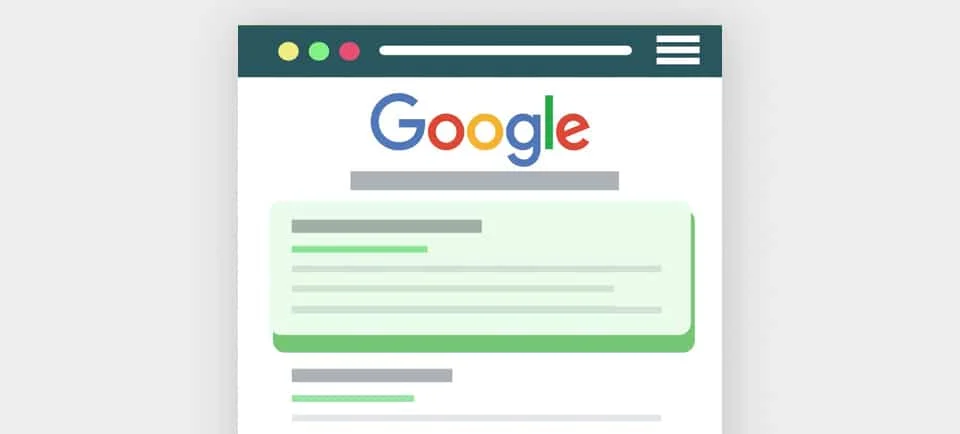

Use infographics to improve your SEO
Infographics are highly shareable on social media, and can provide a valuable resource for other content developers to backlink to your website.
Infographics also provide an engaging way to present information to your consumers and users. They tend to be more visually appealing than just a block of text or bullet points.
It’s important to have an SEO plan before posting infographics, as some search engines might not index them without the proper set up.
Get some press or news out about your business
If you’ve done something newsworthy recently, such as launching a new product or making an achievement of some kind, then make sure to get the word out.
Locally-owned businesses should reach out to their local newspapers and TV stations; nationally-recognized brands may want to contact Bloomberg Businessweek or another large platform. If your business has been featured on a media outlet within the last year, it can be included in Google News results for certain queries related to your industry category.
It’s important that any website has at least one update each month so search engines know you’re actively maintaining your site. The more often you post new content – say every week – the better off your SEO will be on your website.


Conclusion
Improvement of search engine optimization is a necessity for any website that wants to grow their business. The better your site ranks in Google, Yahoo and Bing searches, the more visitors you’ll have per day – which will increase your odds of conversions. In other words: higher ranking = increased sales potential!
There is no instant way to improve your rankings overnight. An analogy I love to use is that working on your website’s search rankings is like going to the gym. If I go one day, I can’t expect to wake up the next morning with 6-pack abs. It is the consistency over a long period of time that gets both you and your website in shape.
Our biggest tip for any business is to spend time working on and investing in your SEO. It will pay off in the long run when it comes to generating more revenue for your business.
Have more questions about SEO? Check out our guide on 10 of the most commonly asked questions.

